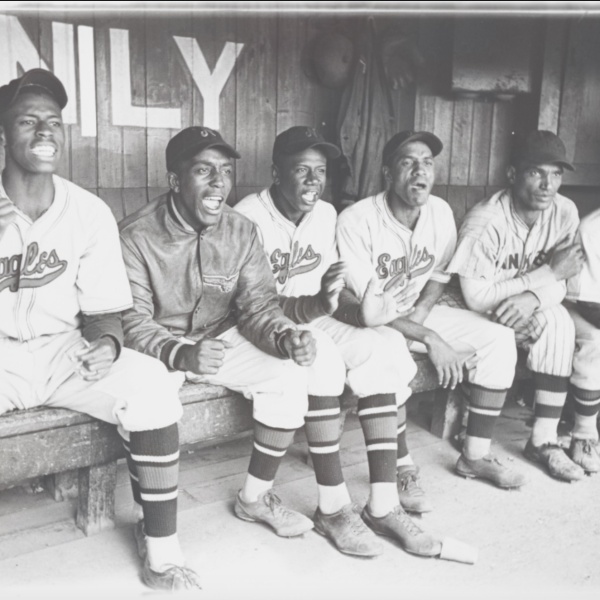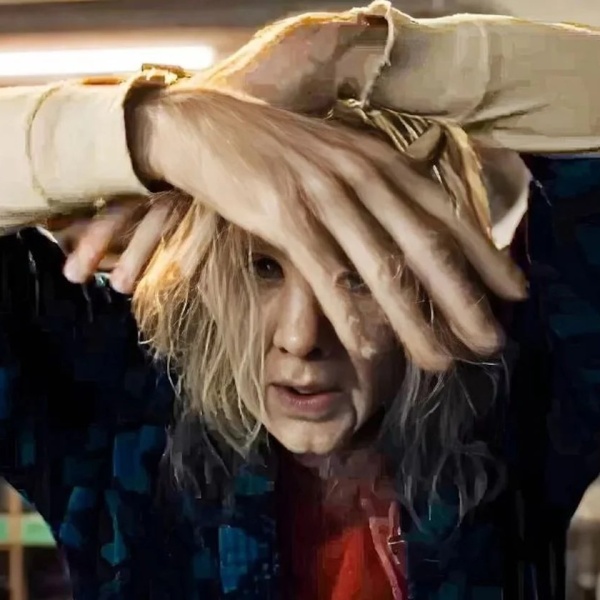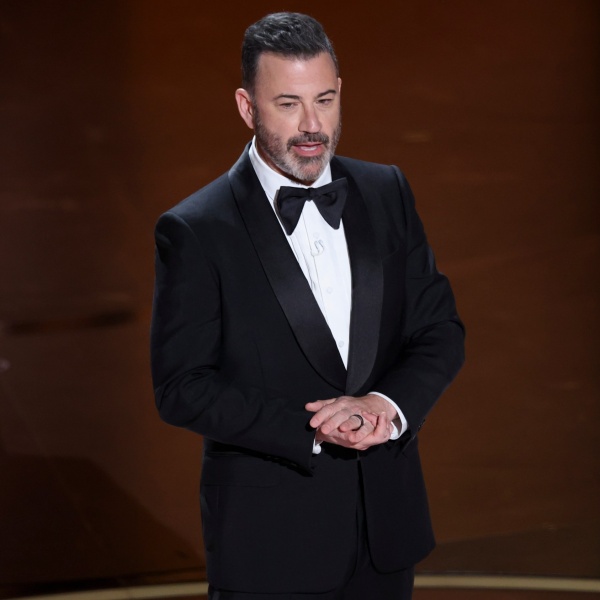Ari Aster is reflecting on the “stunted” release of his third film “Beau Is Afraid.”
The “Midsommar” director told Vanity Fair that the A24 film found an “indifferent” audience instead of moviegoers fully engaging with the “divisive” film starring Joaquin Phoenix as a nervous man who embarks on a journey of traumatic self-discovery.
“The film ends on a theater just very gradually emptying out over the credits, with a very indifferent audience. I wasn’t quite ready for just how prophetic that ending was going to be,” Aster said. “It occurred to me in retrospect. I knew where this was headed. Right. And that’s part of the point.”
He continued, “One thing that excites me about ‘Beau’ is that there are certain things that I buried in that film that still haven’t been talked about, and I was kind of disappointed by the way people were maybe engaging with the film on first release because it was very verdict based like, ‘Well, it doesn’t all work.’ It’s like, ‘Well, wait, what doesn’t work?’ The film is an experiment in so many ways. Even what he finds up in that attic is a very specific provocation. I’m deliberately blowing up the whole film. People talked about it as a letdown when clearly — yeah, that’s the joke! Interpret this, right?”
Aster pointed to a series of Easter eggs in the “background” of the film that “tell a whole other story that nobody has brought to me yet” as proof of the feature not fully resonating with audiences.
“That’s frustrating because you take the time to put them there and you wonder who’s going to catch them,” Aster said. “When you make a film like this, it feels in some ways like you’re just pulling yourself inside out. With this film especially as it came out, I felt very protective of it. I’ve said this before, but it’s absolutely my favorite of my own films and I think the furthest I’ve been able to go.”
“Beau Is Afraid” was filmed on a $35 million budget and grossed $10 million at the domestic box office.
“I always knew the film was going to be polarizing and it’s designed to be divisive,” Aster said. “The film shape-shifts a lot, and the film has something of hostility toward traditional narrative structure. It was always important to me that the film be about a character who does not change, so already, this is something that’s going to alienate certain people and it’s designed to alienate certain people. The length is part of that. That was certainly something that I had to fight for, and to the credit of A24 who had a lot invested in the film, they really allowed me to make the film I wanted to make.”
He added, “I’m really pleased with the shape of the film and proud of it. When you’re making a film like that, you’re very excited by the idea of dividing people, but then it comes out and it divides people, and then you realize, ‘Oh, wait a minute. This is also functioning as a deterrent for people to even go see it.’”
Aster continued, “I fantasize about there having been a time during which a film like this might’ve come out and divided audiences, and it would’ve made people excited to go to the theater in order to determine how they felt themselves, as opposed to just people hearing, ‘Oh, the response is all over the board, so I’m not going to bother.’ I knew this film was going to have people hating it or hopefully loving it, and I was hoping that the draw of a debate would be greater, as opposed to the response being something that would ultimately push people away from giving it a shot. So, the film will always be polarizing, but I just hope that people keep finding it.”
Aster is reuniting with “Beau Is Afraid” actor Phoenix for his fourth film, a Western.








